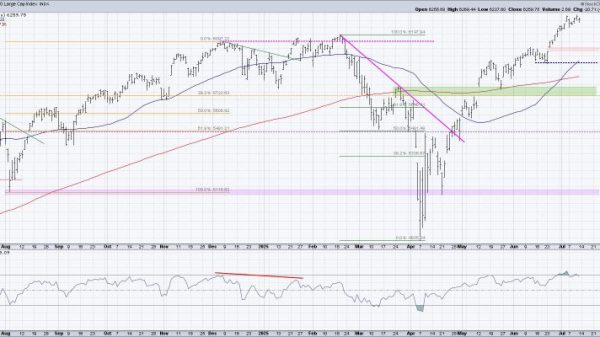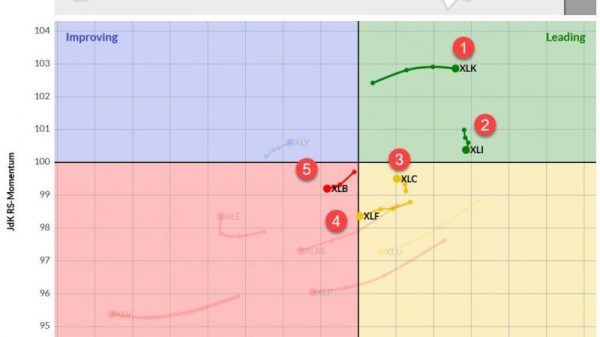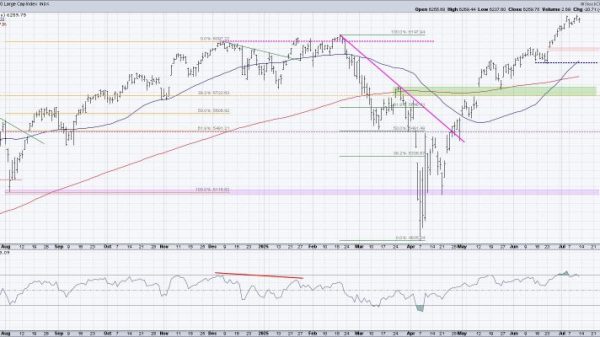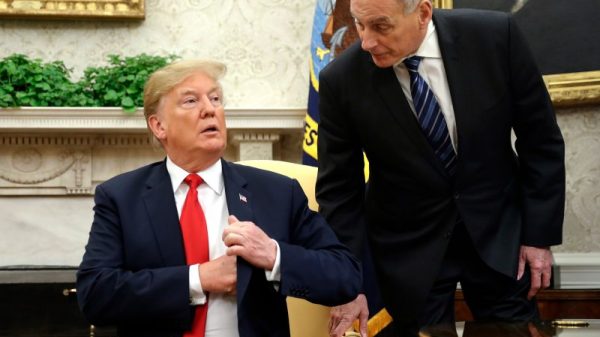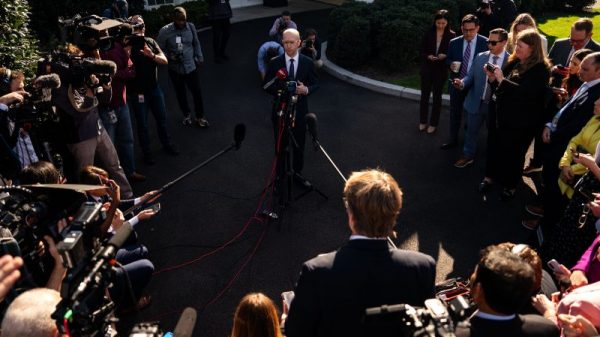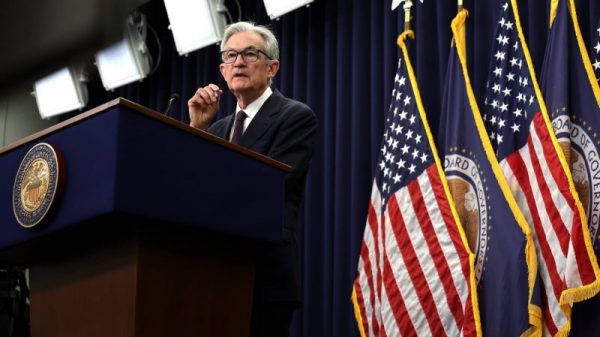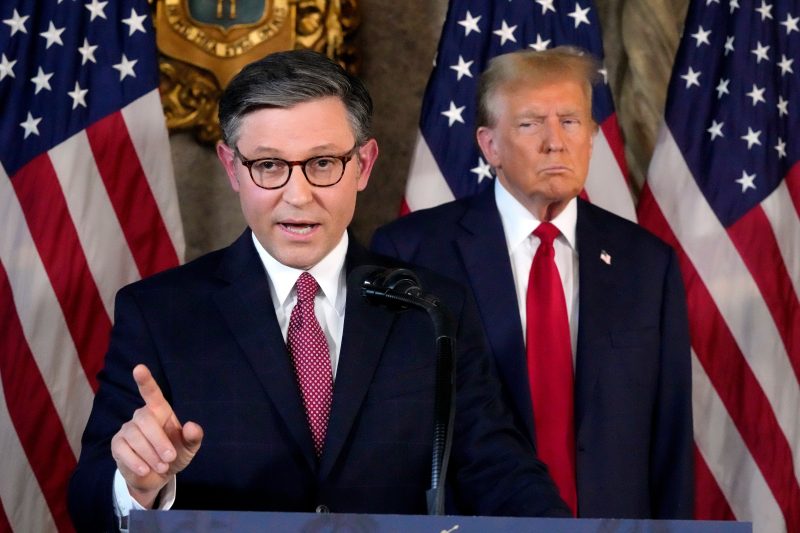House Speaker Mike Johnson (R-La.) was dismissive of concerns about the Supreme Court’s decision on presidential immunity when the subject came up in a Fox News interview on Monday.
“There’s all sorts of hyperbole tonight and just these fantastical — these hypotheticals they have made up, future presidents are going to turn into assassins and all the rest,” Johnson said while speaking to host Kayleigh McEnany. “It’s madness.” He added that the president, unlike most offices, is elected by the entire population of voters. “No one who is elected to that office,” he said, “is going to be prone to this kind of crazy criminal activity.”
Maybe not that kind, sure. And maybe not if they aren’t worried about reelection. But I digress.
What’s interesting about Johnson’s comments is how unabashedly aligned with Donald Trump’s position it is. This isn’t surprising, given what we understand about the pervasiveness of Trump’s influence over the party. Here was a House speaker, elected to the House in the same election that made Trump president, speaking to Trump’s former press secretary, after all. But it is noteworthy that the head of one half of a governmental branch designed to act as a check on presidential power, agreed with the judiciary that the executive branch should have more power than the Constitution provided.
Johnson and his position, made possible by the backlash against his predecessor from the House Republican conference’s right-most fringe, is a reminder of how much Congress has shifted since Trump took office.
Analysis of the membership of the House and Senate shows that most Democrats assumed their positions before the 2016 election. That’s despite the wave election of 2018, in which Democrats benefited enormously from a voter backlash against Trump.
Most Republicans serving in the Senate or House, however, entered office after that election. Fifty-three percent of Democrats (and Senate independents who caucus with the Democrats) began holding congressional office before Nov. 8, 2016. Fifty-eight percent of Republicans took office after that election.
There are ideological differences, too. Using DW-NOMINATE estimates of how liberal or conservative the legislators are (compiled by Voteview), we see that Democrats who took office before the 2016 election have an average ideology score of minus-0.39 (where minus-1 is the most liberal and 1 the most conservative). Those who took office after have an average score of minus-0.36 — meaning they are slightly more moderate than the longer-serving Democrats.
The Republican side is different. Those who took office before Nov. 8, 2016, have an average score of 0.49 — more extreme than the Democratic average overall (because it is closer to 1 than the Democratic scores are to minus-1). Those who took office after the 2016 election have an average score of 0.53. The 16 most conservative members of the House Republican conference all came to the chamber after that election.
This is self-fulfilling to some extent; ideology scores are based on votes and newer legislators have taken more votes that reflect conservative values as measured by Voteview. But there is nonetheless a detectable shift to the right. The House Republican conference’s average DW-NOMINATE score in the Congress that ended in January 2017 was 0.48. The average in the current conference is 0.51.
There’s been some attention paid to the shift in the electorate since 2016. It may be hard for some of us to believe, but kids who were 10 the first time Trump was elected are now old enough to vote. They’ve only known a political world in which Trump was the norm for the Republican Party.
That idea holds true for Congress, too. Most Republicans on Capitol Hill have only known what Congress looks like and how it operates in the Trump era. Their expectations are necessarily different from those of legislators who had served in the previous decades.
Their assumptions about what constitutes “crazy criminal activity” may be somewhat different from other legislators or Americans overall.






